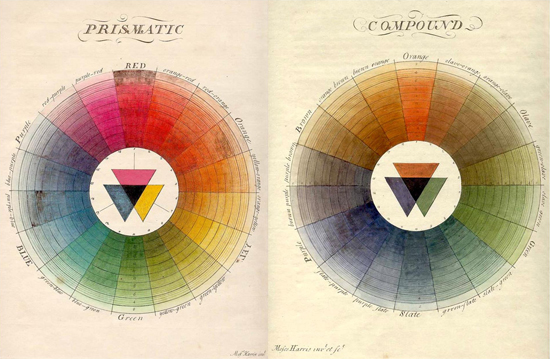Towards A Spectral Realism Instructor: Hilan Bensusan Date & Time: October 1st, 8th, 15th, 22nd 14:00-16:30 ET


DESCRIPTION: Death has always been a cosmo-politically charged, technically challenging, and philosophically salient issue. Concerns with overcoming it involve both taming its dynamics and minimizing its effects. The promise of some form of immortality – for example, through religious practice or trans-humanist projects – has been instrumental in various sorts of structures of governance. The quest for an afterlife has informed much of the human relation with their bodies and matter. In the tradition of Western metaphysics, immortality has been conceived in ways that associate its eternal presence and the suppression of the impact of time. This Seminar proposes to move away from metaphysics. Nonetheless, one must not reject this quest for immortality in favor of the transience of presences but rather consider immortality less as an eternal continuation of the present and more like an intermittence – much in the vein of what has been conceived as the effect of the specters.
Indeed, at least since Derrida’s early 90s reappropriation of the discourse on specters, there has been an interest in how the traces of death affect both social institutions and the natural world – perhaps bringing both the inorganic and the living together. This spectral turn is not fully unrelated to the contemporary speculative one that seemed to move away from Derridian deconstruction in favor of a fresh affirmation of some (post-)metaphysical realities. Derrida was adamant in claiming that the non-existence of specters was utterly irrelevant. But the irrelevance of their existence, combined with the relevance of their effects, poses some interesting problems concerning the character of reality – perhaps thought of as something other than medieval actualitas – and the way specters act. To look into these issues, the Seminar will deploy some considerations concerning memory – which will be taken as an incorrigibly intermittent phenomenon – that will enable a fresh look into deconstruction and some of its critics.
The Seminar will be composed of 4 Sessions:
Session 1-Hauntology and Messianicity: In this Session, the main issues of spectrality, diachrony, justice, and inheritance will be introduced in the context of the work of Derrida concerning Marxism and its ghosts. The unique and hauntological character of the reception of Marx in the last thirty years will be considered. This will serve as an introduction to the spectral in its contrast and its similarities with the speculative.
Session 2-The Spectral Turn: Specters appear to be not only unreal – and often the very paradigm of what is connected to appearance and illusion – but also elusive. The recent spectral turn paves the way not only for a different account of what is haunting but also for a critique of the very assumption that reality involves presences – in the present time – and not a network of resonances and disseminations.
Session 3-Violence, Death, and Specters (The Politics of Memory): There is a politics to the varieties of death – death is both a threat and an intensifier. Once politics is not a realm of the living, the dead are often reassembled differently to shift the face of the existing struggles. In this Session, we will look into other ways violence shapes the spectral, particularly in Latin American contexts.
Session 4-Towards a spectral realism: In this Session, my account of spectral realism will be presented in relation to the previous discussions concerning inheritance, memory, and immortality on the one hand and remarks concerning the nature of realism on the other. We will consider memory in its diachronicity and how it ushers in an approach to post-humanism that contrasts with the metaphysics of transhumanism.
IMAGE: Moses Harris, Prismatic & Compound Color Wheels, 1766.
To see The New Centre Refund Policy CLICK HERE.
To see The New Centre Refund Policy CLICK HERE.